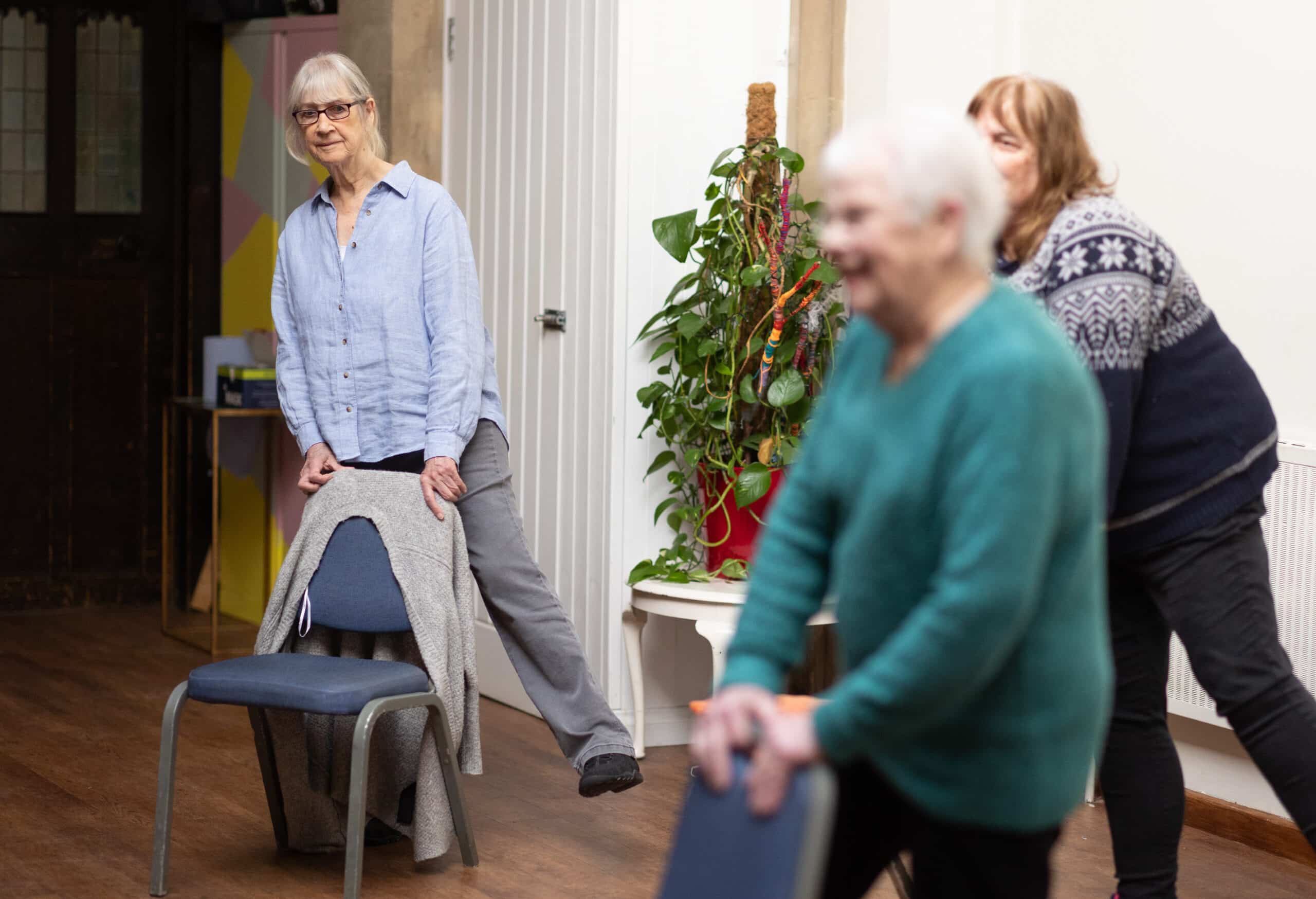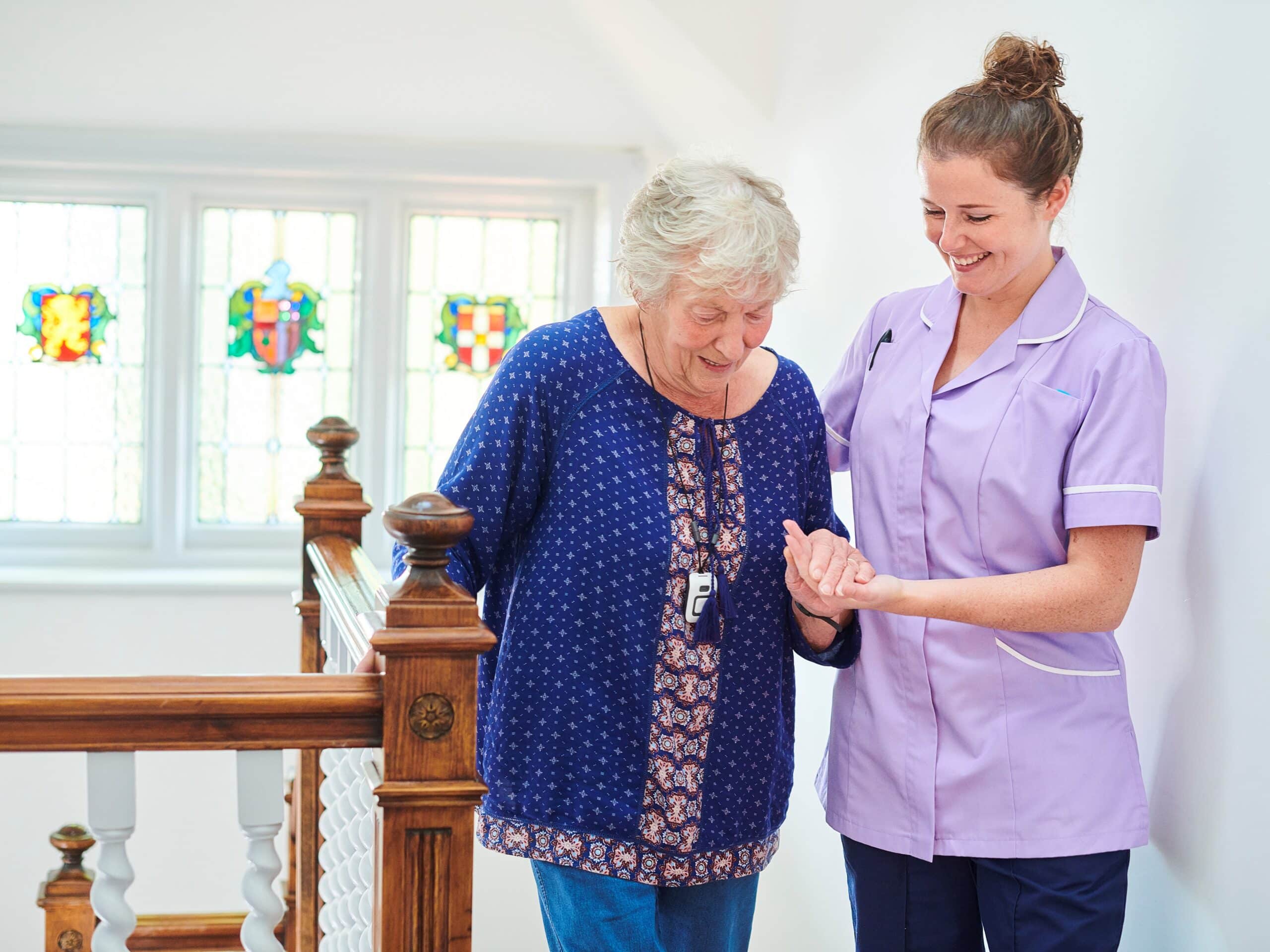The Best Transport Options for The Elderly

The Importance of Transport for The Elderly
Having the option to travel is a fundamental part of what makes us human and an important aspect of freedom as we perceive it, and the desire to go where we wish doesn’t diminish just because we get older. What is crucial though is having safe and suitable transport available that will enable the person to go where they want to and when without there being any risk to them or to anyone else using the roads. Transportation for disabled seniors can also be essential to avoiding social isolation and the mental and physical deterioration that can result, but living with disabilities can prevent additional obstacles to being able to use public transport and that can mean additional reliance on other people to drive them to places, reducing independence further.

Improve Quality of Life
Quality of life can improve due to the freedom that getting out of the house brings. This can only happen though if there is a reliable transport option, like regular bus services, local community transport options such as Dial-A-Ride, or independent options like a safe driver, utilising taxis, or family members who are able to give lifts. People in urban areas usually have access to regular and affordable transport options more than residents in rural areas, and many towns and cities have introduced free local bus links that can make the difference between staying at home or getting out and about.
Make Appointments and Checkups
Getting older can often result in an increased number of medical appointments at the local surgery or hospital, but equally these days we can be sent further afield for more detailed tests. It isn’t just medical needs that can be attended with reliable transport either, an occasional pampering session can make us all feel better, such as going to the hairdresser, having a massage, or attending a yoga class.
Stay Safe on the Road
The Older Drivers website reminds us that, while you may think you’re still perfectly safe to drive, we all have a responsibility to recognise when this may no longer be the case, and “for your own sake, and the sake of other people on the road, you must stop driving, and give up your driving licence.” Stopping driving can cause many people to fear being isolated in their own home and not being able to take part in activities they’ve always enjoyed, and this may mean they carry on driving after they honestly know they probably should’ve stopped.
Why Should the Elderly Choose Specific Transport Options?
Transport options for elderly people range from driving, to buses and taxis, to shared local services such as minibus ride requests. It’s crucial to choose the type of transportation that works best for you and the one that means you have the opportunity to still socialise and attend the services you want and need to.

What Are The Best Transport Options Available to The Elderly?
Taxis can be expensive, but buses may not go where you need them to. Ride-hailing services such as Uber may not be accessible to someone who isn’t comfortable with technology and may make some people anxious about using them. This can leave older people whose mobility is poor to end up staying at home or to have to rely on when friends and family are free to go anywhere, such as grocery shopping. Many local authorities do run transport services for people who are unable to drive themselves or who cannot afford to use local transport, such as shopmobility, park and ride, free buses, and hospital transport, so it’s essential to check in your local area to discover what schemes are in place.
Friends and Family
Relying on friends and family to be transported is not ideal or even possible for some people, but there are times when it can be an effective way of getting where you need to go. Carsharing and splitting petrol and parking costs can work well and save money for all parties, as can sharing taxis when everyone is going to the same place.
Senior / Medical Transport Plans
Hospital transport for elderly people runs in many areas and is often run by dedicated volunteers who help people to attend essential appointments. According to the NHS, “those whose condition means they need additional medical support during their journey” and “those who find it difficult to walk” may qualify for additional support.
Ridesharing Services
Ridesharing services including companies such as Uber and Lyft, can be cost-effective ways to travel across urban areas, but as they’re booked through an app it can be a barrier for people who are not confident with technology. Council-funded services may be available in your local area to people on low incomes, living with disabilities, or in receipt of certain benefits too.
Mobility Aids
Mobility aids can be highly beneficial to people who are in close range of their local amenities and who wish to retain their independence, by popping to the shops for groceries or other supplies for instance. Wheeled pushers can help people feel more confident while walking, and mobility scooters, while more expensive, can maintain independence for those who find walking difficult.
How Helping Hands Can Help You
Having Helping Hands coming to your home can help you to maintain independence, even if your mobility has decreased. If you’re finding it difficult to get out of your home and would like to be accessing the community more regularly, having a carer visiting you in your home or living with you means that you get to go to the places you wish to, without compromise.
Remaining in your home as opposed to moving into a care home means you get to remain in the place you love, surrounded by precious memories, favourite possessions, and of course people and pets. Talk to Helping Hands about live-in care and visiting services in your area, all of which are fully regulated by the Care Quality Commission and Care Inspectorate Wales.